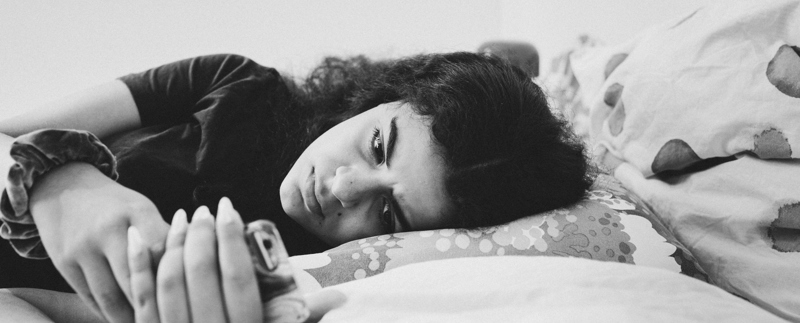Honour-related violence and oppression
Honour-related violence and oppression are based on strongly patriarchal and heteronormative notions. Central to honor-related violence and oppression is primarily its collective expression. Honour-related violence and oppression are characterised by, among other things, the fact that the individual's rights and interests are considered to be subordinate to those of the family. The actions of the individual are considered to affect the reputation of the whole family and the collective and the sexuality of the individual is a matter for the whole family.

Collective control
Honour-related violence and oppression are collectively exercised or sanctioned and the control of girls' and women's sexuality is central. Control can range from everyday forms of restrictions in girls' and women's lives that affect, for example, clothing choices, social interaction and freedom of movement to life choices such as education, job, virginity norm, marriage and divorce. In its most extreme form, honour thinking results in threats of violence and violence, including lethal violence.
However, violence and oppression affect not only girls and women but also boys and men, and both men and women can be perpetrators. Sometimes one and the same person is both a victim and a perpetrator, not least when it comes to boys and young men. There can be a large number of perpetrators, such as family members, relatives or others with the same background.
Violence is in some cases socially accepted and sanctioned within the collective. The most serious violence is usually well-planned and both women and men can be exposed. LGBTQI people can be exposed because their sexual orientation is not accepted.
Different penalties depending on purpose
Honour-related violence and oppression are exercised for various purposes. On the one hand, it is practiced to get people to follow the family's norms and values. It can then consist of being controlled and forced to live with great limitations due to, for example, threats and pressure.
On the one hand, violence and oppression can take the form of punishment against those who have violated the family's norms and values, with the aim that the family will regain its lost honour.
Various forms of punishment can occur, such as emotional and social exclusion, violations, abuse, violence and murder. The punishment can be exercised against one's own family members but also against others, such as a man who has had a relationship with a female relative who has not been accepted by the family.
Further examples of honour-related violence and oppression and its various forms of expression are child marriage and forced marriage, as well as female genital mutilation. Honour-related violence and oppression are often a violation against human rights and Swedish law.
#Metoo stories of honor-related violence and oppression
During the historic #metoo wave of 2017, women, transgender and non-binary people shared their experiences of sexual harassment and sexual violence. Some of the stories were about honour-related violence and oppression. What the descriptions have in common is that a great focus is placed on controlling the sexuality of girls and women and that control is exercised collectively, mainly by the family. The stories show that there is still a lot to do on the part of society to prevent and combat honour-related violence and oppression.
The film can be used in contexts that address issues of honour-related violence and oppression, men's violence against women and violence in close relationships. It can serve as an eye opener or as a start for a continued discussion about what professionals who meet people living in an honour context can do.
Publication date: 9 June 2021
Last updated: 13 June 2024

